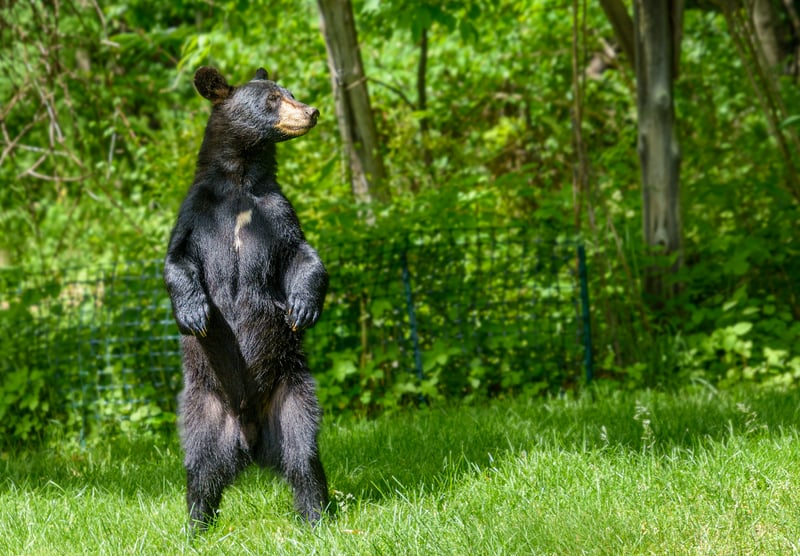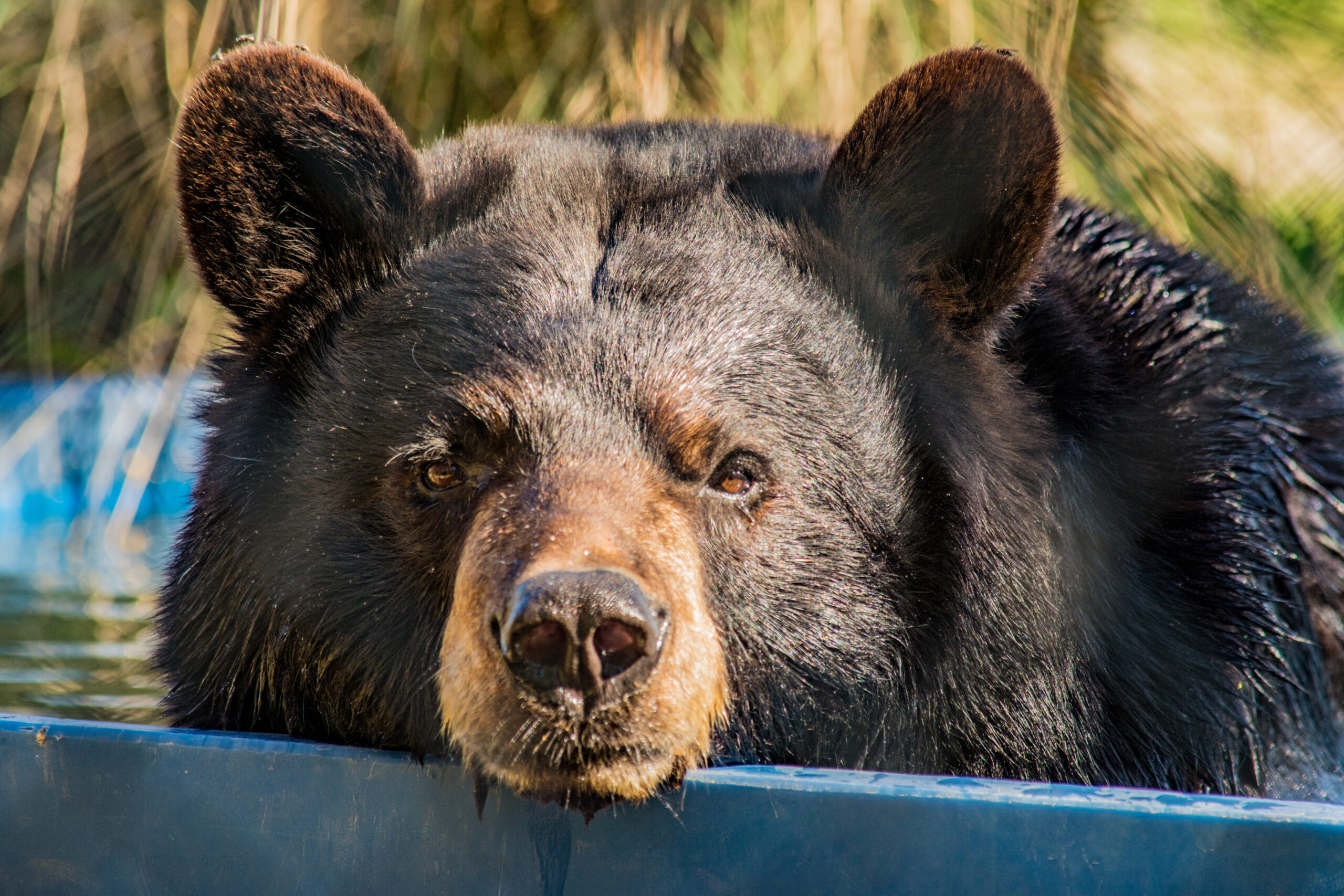TRENTON, N.J. — If you have a bbq and forget to leave some food out after cleanup, or maybe feed your cats and dogs outside and forget to bring their bowl in, those heinous acts could land you a fine in New Jersey if a new bill introduced in Trenton passes.
A proposed bill in the New Jersey Legislature aims to tighten regulations surrounding the feeding of black bears, eliminating the current exemption for unintentional feeding. The bill seeks to amend existing law by clarifying that the prohibition applies to the placement of any food that could attract bears and introducing a specific list of activities exempt from the ban.
Currently, the law exempts “unintentional feeding,” which is defined as placing food or materials for purposes other than attracting black bears but resulting in their attraction, such as using bait for deer hunting. The bill would remove this exemption, replacing it with detailed exceptions for certain activities not considered as feeding black bears.

Under the new legislation, the following actions would not violate the black bear feeding prohibition:
- Possession of wildlife by a licensed individual.
- Agricultural or horticultural operations with crops, agricultural products, or animal feed on their premises.
- Birdfeeders maintained between April 1 and November 30, provided specific conditions are met.
- Food placement at licensed animal shelters or municipally approved managed cat colonies, with the requirement that uneaten food be removed nightly.
- Feeding of companion animals, with the same stipulation that uneaten food be removed every night.
- Wildlife feeding or baiting authorized by federal, state, or local authorities for management or scientific purposes.
Additionally, the bill would change how penalties for violations are handled. Currently, fines are directed to the Division of Fish and Wildlife. Under the proposed law, fines would be remitted to the municipality where the violation occurred, providing local governments with additional resources to address black bear issues.
The bill, if passed, would reinforce efforts to reduce human-bear interactions, aligning with the state’s ongoing wildlife management initiatives.

